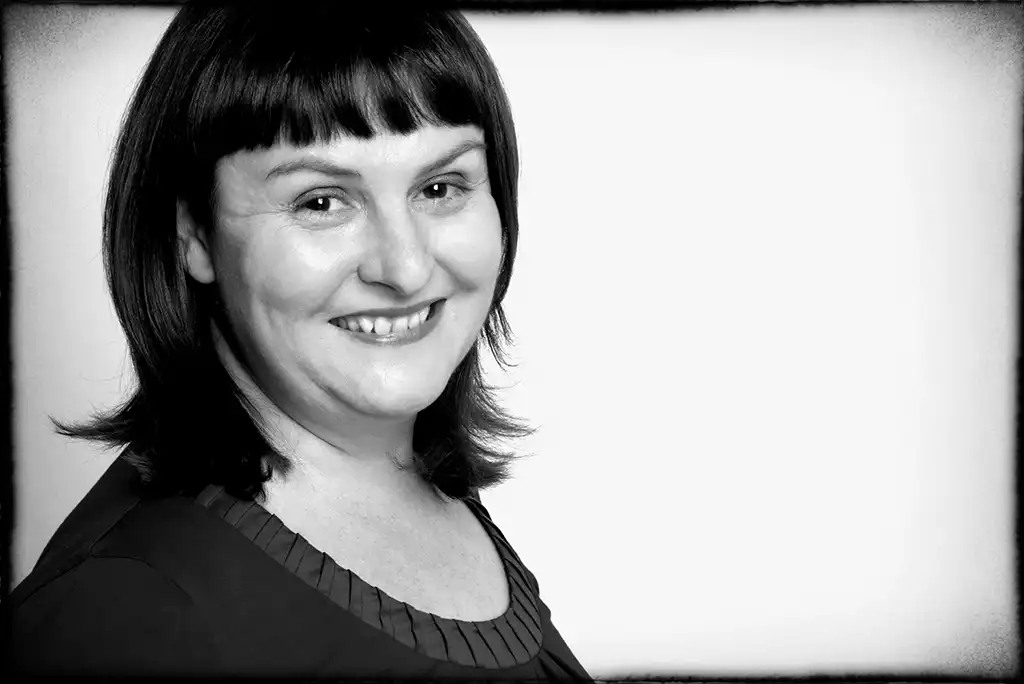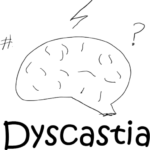Watch episode 13 on YouTube
About Benita

I have been working in private practice at Fullarton House since 2005. The focus of my practice is on educational issues for students and adults.
- I offer diagnosis of specific learning difficulties such as dyslexia, dysgraphia, and dyscalculia.
- I provide learning and support strategies for home, school and work to enable people with reading, spelling, writing or maths difficulties to be successful.
- I offer diagnosis and advice to parents of children with ADHD, as well as adults with ADHD.
- I identify students with high intellectual or academic potential, sometimes called ‘gifted’ students, using the WPPSI-IV or WISC-V cognitive tests. I provide recommendations on curriculum differentiation and other supportive strategies at school and home
Show notes
While ADHD is not a specific learning difficulty like dyslexia, dysgraphia and dyscalculia, it does have a high association with these difficulties. Approximately 40% of people living with ADHD will also be living with dyslexia. This has big implications for parents and teachers in terms of being vigilant about ADHD symptoms in our kids and being knowledgeable about how ADHD and learning difficulties may impact each other.
ADHD, or Attention-Deficit/Hyperactivity Disorder, is a neurodevelopmental disorder that typically begins in childhood and may continue into adulthood. It is characterized by persistent patterns of inattention, impulsivity, and hyperactivity that can impact various aspects of a person’s life, including academic performance, work productivity, and relationships.
ADHD is typically identified based on specific criteria outlined in the Diagnostic and Statistical Manual of Mental Disorders (DSM-5). They have a PDF fact sheet about AHD available to download. You can see that the last time this was updated was in 2013! These criteria include the presence of symptoms in multiple settings, impairment in daily functioning, and the exclusion of other possible causes for the symptoms.
ADHD related links and resources we mention
Additude magazine
ADDitude is an online resource for families and adults living with ADHD and related conditions and for the professionals who work with them.
They have great resources about kids living with ADHD.
They also have an excellent YouTube channel.
Jessica McCabe - How to ADHD
Jessica runs a YouTube channel that she describes as an ADHD toolbox. It’s mostly aimed at adults but has great tips and resources for understanding ADHD from a lived experience perspective.
Jessica’s TED talk sharing her ADHD success story.
Dr Russell Barkley
We referred to Dr Russell Barkley a number of times during this podcast. YouTube is scattered with lots of bits and pieces of Dr Barkley’s numerous talks. Dr Barkley talks about ADHD from a medical perspective, and the video below goes into the clinical details of ADHD for parents. He is engaging, compelling and highly knowledgeable.
Comments and questions are welcome!
We would love to hear about your experienced with ADHD and any tips you can share about supporting kids living with ADHD. Please leave a comment or ask a question below!





10 Responses
Dear Bill, Michael & Benita,
I thought I knew a lot about ADHD, I did not! My son was diagnosed with ADHD a few weeks ago, I found this episode so helpful as a teacher, but even more so as a Mum. I feel more prepared for the unexpected and understand why my son and students react in the way they do to certain situations. I will be sharing this episode with my staff and husband!
Thanks so much.
Hi Elena. That’s great feedback, thank you! I’m so glad the episode was helpful.
I learned so much from this episode. Thank you Benita, Michael and Bill. I really feel for the poor children that dont get diagnosed….often from chaotic families who cannot navigate the health system
Thanks Sandra. I agree, there must be quite a few that slip through the cracks. Hopefully, raising awareness will mean more of these kids get the support they need.
This episode was superb, thank you all for sharing your expertise and lived experiences. So many strategic / supportive gems sprinkled all the way through the episode. I’m awaiting assessment for ADHD as an adult, and found myself identifying deeply all the way through – it gave me a lot of compassion for myself as a child! Having worked in this space for years as a Speech Pathologist specialising in literacy, I can’t believe that I didn’t join the dots identify this within myself until very recently. On that note – several times during the episode reference was made to specific learning difficulties dyslexia, dysgraphia, dyscalculia… but where was Developmental Language Disorder (DLD), team?? How about inviting Shaun Ziegenfusz on for a chat? Or one of the excellent people over at The DLD Project: https://thedldproject.com/dld-training/ Or does DLD not qualify because it doesn’t have the prefix dys-? 😆
Hi Emma. Thank you so much for the feedback, I’m glad you found the episode useful! I totally understand your comment about not joining the dots with ADHD. Even though I was identified as hyperactive as a kid (that’s what they called ADHD in the 70s), I didn’t join the dots as an adult either. I love you suggestion about an episode on DLD. From what I understand, like ADHD, it’s not technically a specific learning difficulty, but that doesn’t mean it isn’t worth dys-cussing!
Thank you so much for this episode! My sister-in-law sent it to me and it took awhile for me to find the time to listen to it, but I loved everything about it. I have a son who was diagnosed as dyslexic at age 7 & diagnosed ADHD at age 15he has struggled all though school and is now in yr12 completing a school based apprenticeship in carpentry. We have spent years battling with his schools to support and understand him.
If I had this episode 10 years ago, I would have sent it to each of his new teachers, every year and asked them to listen to it. Explained that I am handing them nearly 2 hours of PD and all I am asking of them is to listen to the podcast and to understand the struggles my son has in attending school and sitting in a classroom.
Thank you. I will be sharing this to all who will listen. x
Hi Lucy. Thank you for the comment and feedback. It’s great to hear that it’s been useful for you. Let’s hope it saves some parents and kids from going through what you, your son, and thousands of others are experiencing every day!
Thank you for this episode! I’m not a teacher, just a mum of a beautiful 10 year old girl with ADHD (inattentive), dyslexia, dysgraphia and dyscalculia but wow I learnt so much! Michael, thank you for sharing your own experiences with ADHD and medication. I, like you and many others, was so nervous at the thought of medicating my daughter but the difference in her not just at school, but in the home was nothing short of remarkable. She describes the difference she feels, although not as eloquently, just like you did. It’s nice to know we are not alone in this journey.
Hi Lauren. Thank you so much for taking the time to comment, it really means a lot to us to know that we are being helpful! I’m really glad that medication is working for your daughter, I wish I had access to it when I was a kid! let me know if there are any future topics that you think might be useful! – Michael